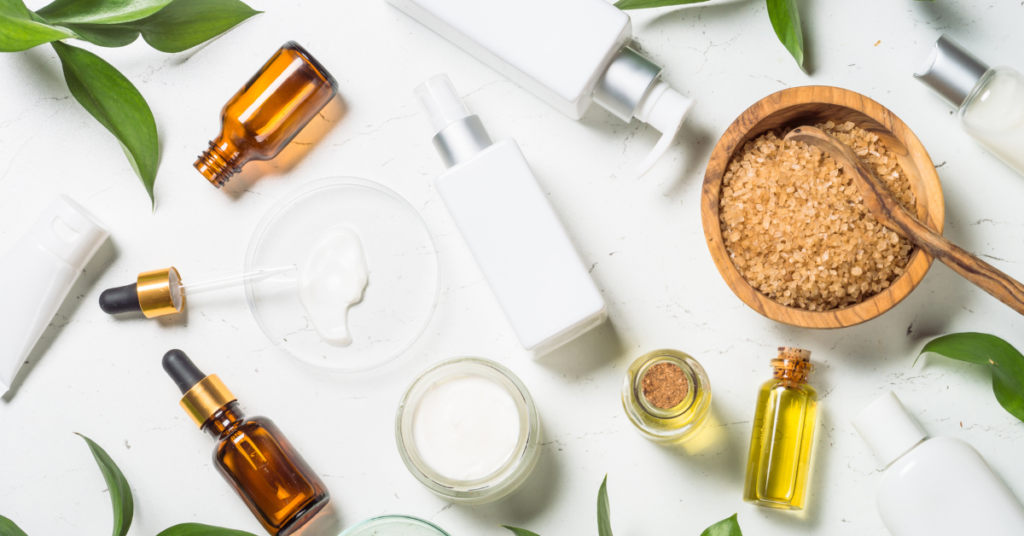Glycerin, often referred to as glycerol, is a versatile compound with a wide range of applications across various industries. In this comprehensive guide, we will unravel the wonders of Glycerin USP Grade, exploring its chemical composition, production process, applications, benefits, and more.
Introduction
Definition of Glycerin USP Grade
Glycerin USP Grade, a high-quality form of glycerin, meets the standards set by the United States Pharmacopeia (USP). This ensures its purity and suitability for use in pharmaceuticals, cosmetics, and food products.
Importance in Various Industries
From skincare to the food industry, and it plays a crucial role, offering unique properties that make it a sought-after ingredient.
Chemical Composition
Glycerin vs. Other Forms
Understanding the distinctions between USP Grade and other forms is essential. We’ll delve into the differences and why USP Grade stands out.
Purity Standards
In the same way chemical purity of Glycerin USP Grade is a defining factor. We’ll explore the stringent standards that make it a reliable choice in diverse applications.
Production Process
Extraction Methods
Glycerin can be derived from various sources. We’ll discuss extraction methods, highlighting those that yield the highest quality.
Quality Control Measures
In the same way ensuring the purity and safety of Glycerin USP Grade involves rigorous quality control. We’ll shed light on the measures in place during production.
Applications
Pharmaceuticals

In the same way the pharmaceutical industry relies on Glycerin USP Grade for its medicinal properties. We’ll explore its role in drug formulations and its impact on health.
Cosmetics-Grade Glycerin

Glycerin’s moisturizing properties make it a staple in the cosmetics industry. In the same way we’ll discuss its use in skincare products and DIY recipes.
Food Industry
In the culinary world, Glycerin USP Grade serves multiple purposes. We’ll uncover its applications as a sweetener and thickener in various food products.
Benefits of Glycerin USP Grade
Moisturizing Properties
Glycerin’s ability to retain moisture makes it a prized ingredient in skincare. We’ll dive into how it enhances hydration and promotes healthier skin.
Shelf-Life Extension
In the food industry, Glycerin USP Grade contributes to the longevity of products. We’ll explore how it acts as a natural preservative.
Choosing the Right Glycerin
Factors to Consider
Selecting the right Glycerin involves considering several factors. We’ll guide you through the decision-making process.
Common Misconceptions
Addressing misconceptions about Glycerin is crucial. We’ll debunk myths to provide a clear understanding of its properties.
Storage and Handling
Best Practices
Proper storage and handling are paramount to maintain Glycerin’s quality. We’ll outline best practices to prevent contamination and degradation.
Avoiding Contamination
Tips on preventing contamination during storage and transportation will be discussed to ensure the integrity of Glycerin USP Grade.
Glycerin in Skincare
Skin Benefits
From combating dryness to promoting skin elasticity, Glycerin offers numerous skincare benefits. We’ll explore its positive effects on different skin types.
DIY Skincare Recipes
For the enthusiasts, we’ll share simple DIY skincare recipes incorporating Glycerin USP Grade for radiant and healthy skin.
Glycerin in Food Industry
Sweeteners and Thickeners
Glycerin plays a vital role in enhancing the taste and texture of various food products. We’ll examine its applications as a sweetener and thickener.
Common Uses in Culinary Arts
From confectioneries to savory dishes, Glycerin finds its place in the culinary arts. We’ll explore common uses and innovative applications.
Glycerin in Pharmaceuticals
Medicinal Applications
Glycerin’s medicinal properties extend beyond skincare. We’ll delve into its role in pharmaceuticals and its positive impact on health.
Role in Drug Formulations
Glycerin’s compatibility with different drugs makes it an essential component in various formulations. We’ll explore its role in enhancing drug efficacy.
Environmental Impact
Biodegradability
Addressing environmental concerns, we’ll discuss Glycerin’s biodegradability and its impact on sustainability.
Sustainable Sourcing
The importance of sourcing Glycerin sustainably will be highlighted, emphasizing ethical and eco-friendly practices.
Glycerin: Myths vs. Facts
Debunking Misconceptions
Clearing up common myths about Glycerin is crucial for informed decision-making. We’ll address prevalent misconceptions.
Clearing Up Doubts
If you’ve ever had doubts about Glycerin, we’ll provide clarity on its safety, usage, and benefits.
Future Trends
Innovations in Glycerin Use
The future holds exciting possibilities for Glycerin. We’ll explore emerging trends and innovations in its use across industries.
Emerging Applications
From medicine to technology, Glycerin is finding new applications. We’ll discuss the latest trends and potential breakthroughs.
Conclusion
In conclusion, the wonders of Glycerin USP Grade are truly multifaceted. Whether you’re in the skincare industry, food business, or pharmaceuticals, this versatile compound offers unique benefits. As we’ve uncovered its applications, debunked myths, and explored future trends, the potential of Glycerin USP Grade becomes even more evident.
Considering its moisturizing properties, shelf-life extension capabilities, and diverse applications, Glycerin USP Grade stands as a valuable asset in various fields. In the same way It’s time to embrace the possibilities and unlock the full potential of this remarkable compound. contact icgchemicals for Glycerin
FAQs
- Is Glycerin USP Grade safe for all skin types?
- Its generally safe for all skin types, but individual reactions may vary. It’s recommended to conduct a patch test before widespread use.
- Its generally safe for all skin types, but individual reactions may vary. It’s recommended to conduct a patch test before widespread use.
- Can Glycerin be used in cooking?
- Yes, USP Grade is used in cooking, especially as a sweetener and thickener in various recipes.
- Yes, USP Grade is used in cooking, especially as a sweetener and thickener in various recipes.
- How does Glycerin contribute to sustainable practices?
- Glycerin is biodegradable, and sourcing it sustainably ensures a lower environmental impact.
- Glycerin is biodegradable, and sourcing it sustainably ensures a lower environmental impact.
- What are some common misconceptions about Glycerin?
- Misconceptions include Glycerin being sticky (it’s not), and it causing skin breakouts (usually not the case).
- Misconceptions include Glycerin being sticky (it’s not), and it causing skin breakouts (usually not the case).
- Are there any potential side effects of using Glycerin?
- While rare, some individuals may experience mild irritation. but It’s essential to consult with a healthcare professional if any adverse reactions occur.

